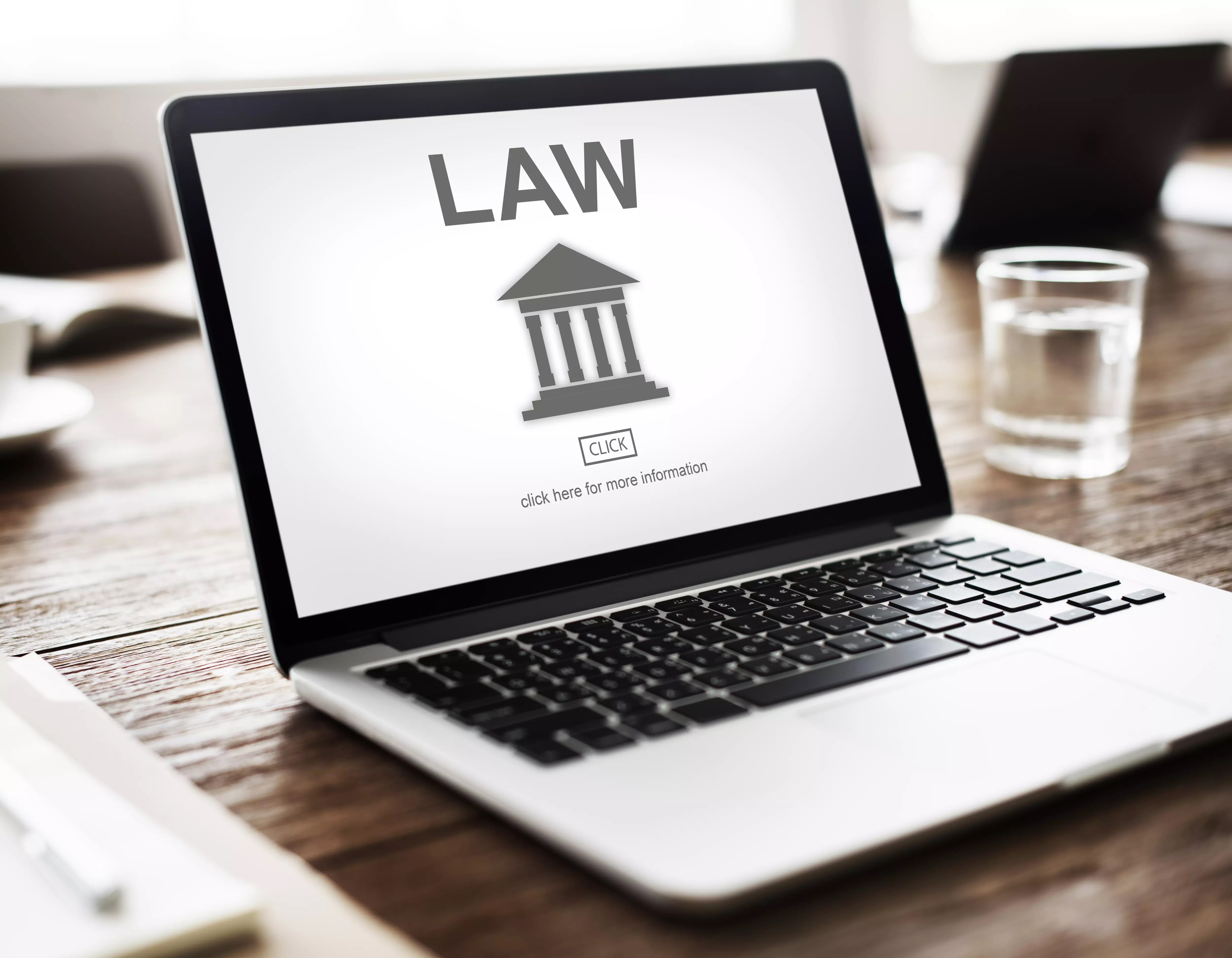Common Misconceptions Regarding Protection Against Self-Incrimination Under Article 20(3) of the Indian Constitution with FAQ
Common Misconceptions Regarding Protection Against
Self-Incrimination Under Article 20(3) of the Indian Constitution with FAQ
Article 20(3) of the Indian Constitution is a fundamental right
that protects a person accused of an offence from being compelled to be a
witness against himself. It is based on the legal maxim “Nemo tenetur prodere
accusare seipsum”, which means "No man is obliged to be a witness against
himself."
However, there are some common misconceptions regarding the
scope and application of this right. In this article, we will try to clarify
some of them.
Misconception
1: The right is available only to the accused in a criminal trial.
The right against self-incrimination is not limited to the
accused in a criminal trial. It extends to any person who is accused of an
offence, whether in a formal charge or in an investigation or inquiry. The actual trial or enquiry doesn't need to commence before the
court or tribunal.
The Supreme Court has held that the right can be claimed by a
person who is summoned as a witness in any proceeding, civil or criminal, if
his testimony may expose him to criminal liability. The right can also be
claimed by a person who is subjected to search or seizure of his property or
documents, if they may incriminate him.
Misconception
2: The right covers only oral evidence.
The right against self-incrimination covers not only oral
evidence but also documentary evidence and any other material that may have
evidentiary value. The Supreme Court has interpreted the word ‘witness’ in
Article 20(3) to include both oral and documentary evidence so that no person
can be compelled to produce any document or object that may support a
prosecution against himself.
However, the right does not cover physical evidence, such as
fingerprints, blood samples, DNA samples, etc., that are obtained by scientific
tests or techniques. The Supreme Court has held that such evidence does not
amount to testimonial compulsion, as they do not involve any statement or
communication by the person.
Misconception
3: The right can be waived by the person.
The right against self-incrimination cannot be waived by the
person voluntarily or by consent. It is a constitutional safeguard that cannot
be given up or bargained away by the person. The Supreme Court has held that
any statement or confession made by the person under inducement, threat,
promise or deception is inadmissible in evidence, as it violates Article 20(3).
The only exception to this rule is when the person makes a
statement or confession before a magistrate under Section 164 of the Code of
Criminal Procedure, 1973. Such a statement or confession is admissible in
evidence, provided it is made voluntarily and without any coercion or
influence.
Misconception
4: The right applies only to statements made by the person.
The right against self-incrimination applies not only to
statements made by the person but also to statements made by others that may
implicate him. The Supreme Court has held that no person can be compelled to
answer any question or produce any document that may incriminate another person
who is accused of an offence.
This means that if a person is asked to disclose the name or
identity of his accomplice or co-accused, he can refuse to do so on the ground
of Article 20(3). Similarly, if a person is asked to produce any document or
object that may incriminate another person who is accused of an offence, he can
refuse to do so on the same ground.
Conclusion
Article 20(3) of the Indian Constitution is a vital provision
that protects a person from being forced to incriminate himself in any criminal
proceeding. However, there are some common misconceptions regarding its scope
and application. By clarifying these misconceptions, we hope to enhance the
understanding and appreciation of this fundamental right among the people.
FAQ on Common Misconceptions Regarding Protection Against
Self-Incrimination Under Article 20(3) of Indian Constitution
Q: What is the meaning of self-incrimination?
A:
Self-incrimination is the act of exposing oneself to criminal prosecution by
giving evidence or testimony that may prove one’s guilt.
Q: What is the right against self-incrimination?
A: The
right against self-incrimination is a fundamental right guaranteed by Article
20(3) of the Indian Constitution. It protects a person accused of an offence
from being compelled to be a witness against himself.
Q: When can a person claim the right against self-incrimination?
A: A
person can claim the right against self-incrimination when he is accused of an
offence, whether in a formal charge or in an investigation or inquiry. He can
also claim the right when he is summoned as a witness or subjected to search or
seizure of his property or documents, if they may incriminate him.
Q: What are the types of evidence covered by the right against self-incrimination?
A: The
right against self-incrimination covers both oral and documentary evidence, as
well as any other material that may have evidentiary value. However, it does
not cover physical evidence, such as fingerprints, blood samples, DNA samples,
etc., that are obtained by scientific tests or techniques.
Q: Can a person waive the right against self-incrimination?
A: No,
a person cannot waive the right against self-incrimination voluntarily or by
consent. It is a constitutional safeguard that cannot be given up or bargained
away by the person. The only exception is when the person makes a statement or
confession before a magistrate under Section 164 of the Code of Criminal
Procedure, 1973.
Q: Does the right against self-incrimination apply only to statements made by the person?
A: No, the right against self-incrimination applies not only to statements made by the person but also to statements made by others that may implicate him. No person can be compelled to answer any question or produce any document that may incriminate another person who is accused of an offence.












Comments
Post a Comment
Thanks, For Your Valuable Comment